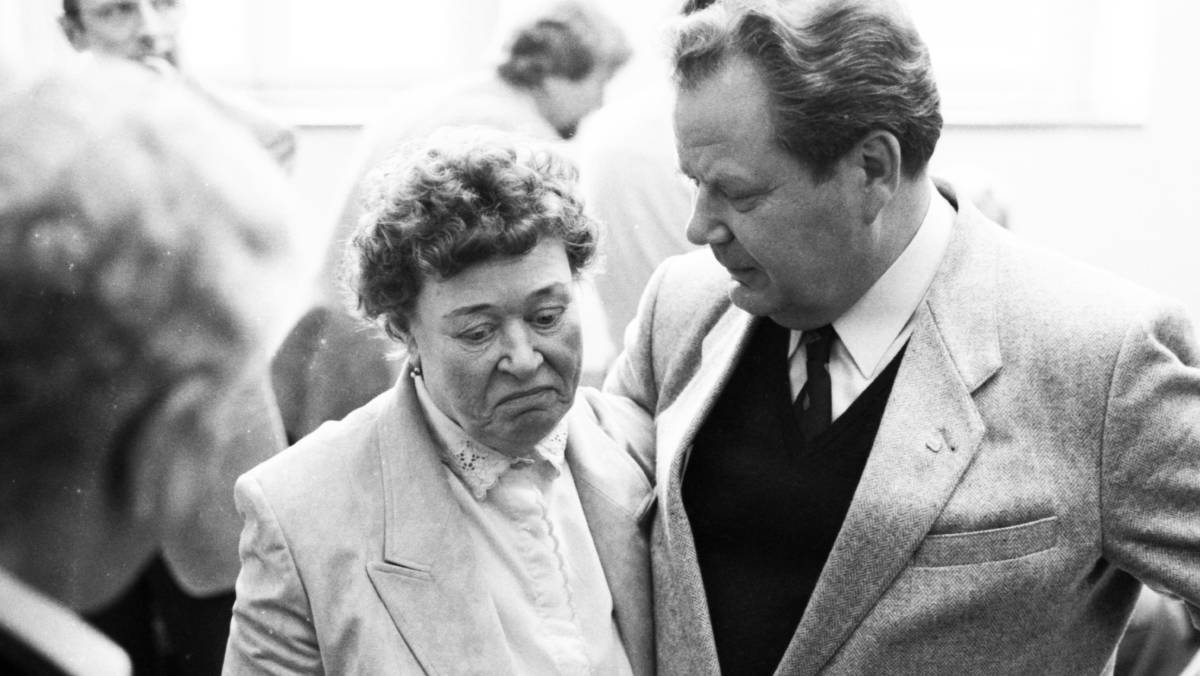This is a book about bravery, extraordinary, remarkable, inspiring bravery. Concentrating on only six characters, all of them resisters to the tyrannous and evil Nazi regime, readers come to know these people intimately; to regard them highly, if not to love them.
The Good Germans is a deceptively long book. There is an element of repetition in the coverage of the six characters but, on the whole, it is an easy book to read.
However one aspect of its presentation appals me. Using many photographs to flesh out the characters, the author has chosen wisely. But the publisher decided to print the captions to the photographs at the end of the book, just before the end-notes. Readers will hope this does not become a common practice in publishing. It is a cheap solution and unworthy of such a good book.
The strangest of the characters is Rudolph Ditzen, novelist and writer, drunkard, drug addict, husband, father, philanderer and much more. An obsessive and very fast writer, successfully earning a very high income, though regularly impoverished, Rudolph wrote an astonishing amount.
Known as Hans Fallada (recently re-published by Scribe in Australia) Rudolph once polished off a novel in three weeks, working day and night. Admired by leading Nazis and under constant pressure to tell the stories that the Nazis could bask in, Ditzen managed – just – not to do the evil bidding offered him.
Read the book review by Michael McKernan in The Canberra Times.

